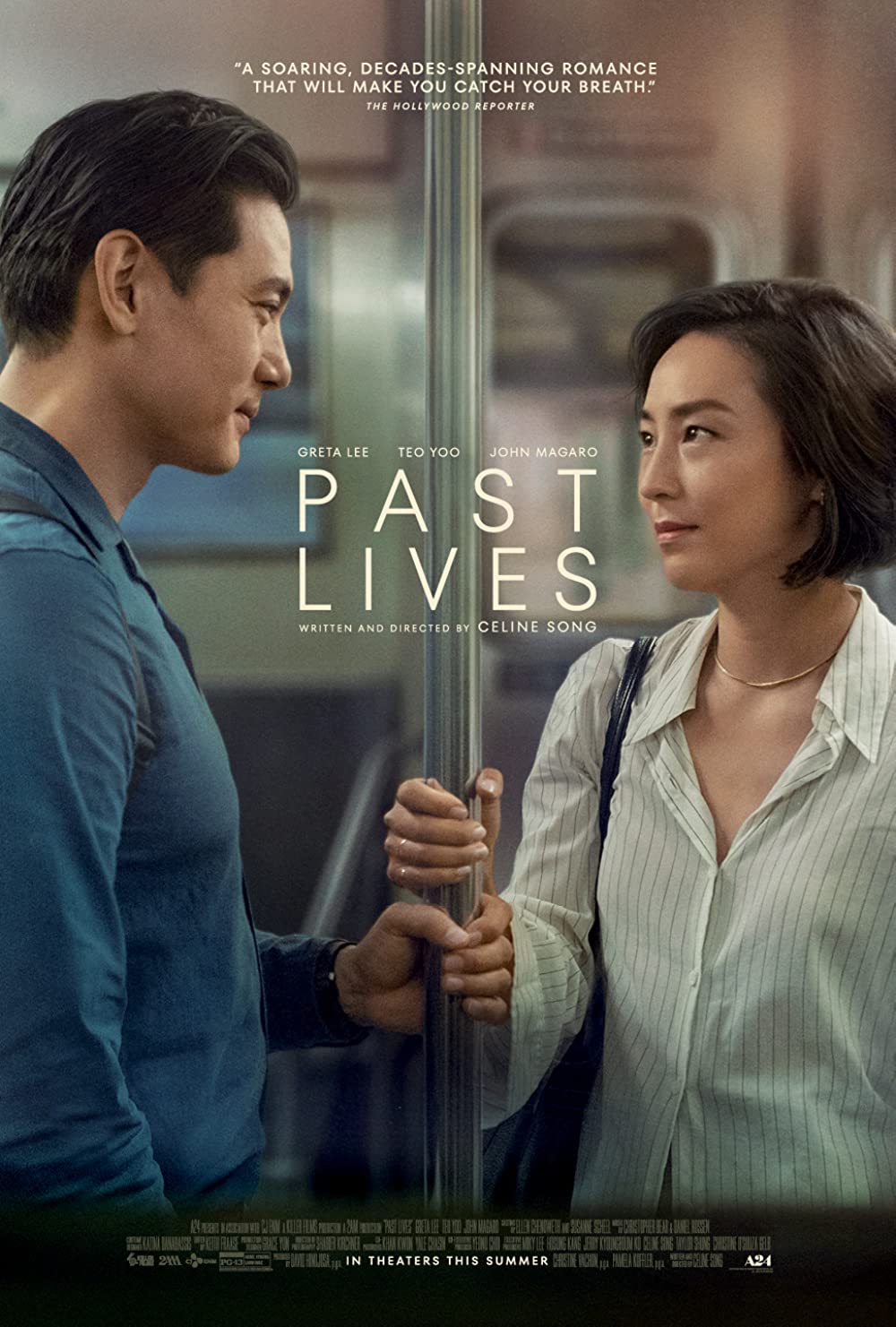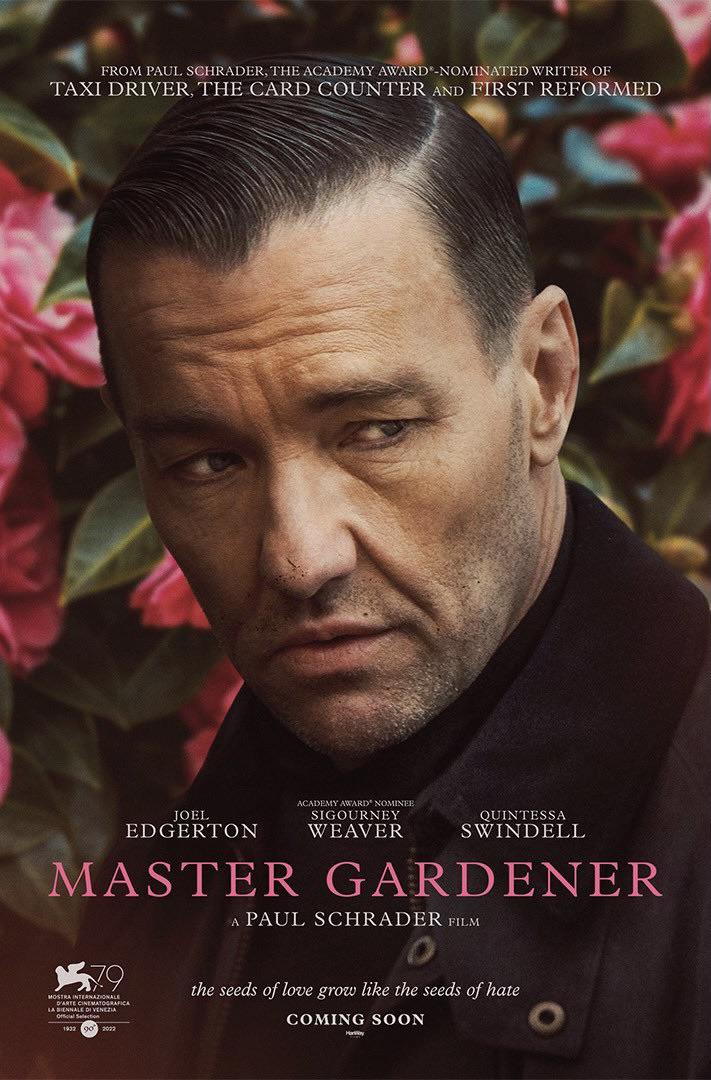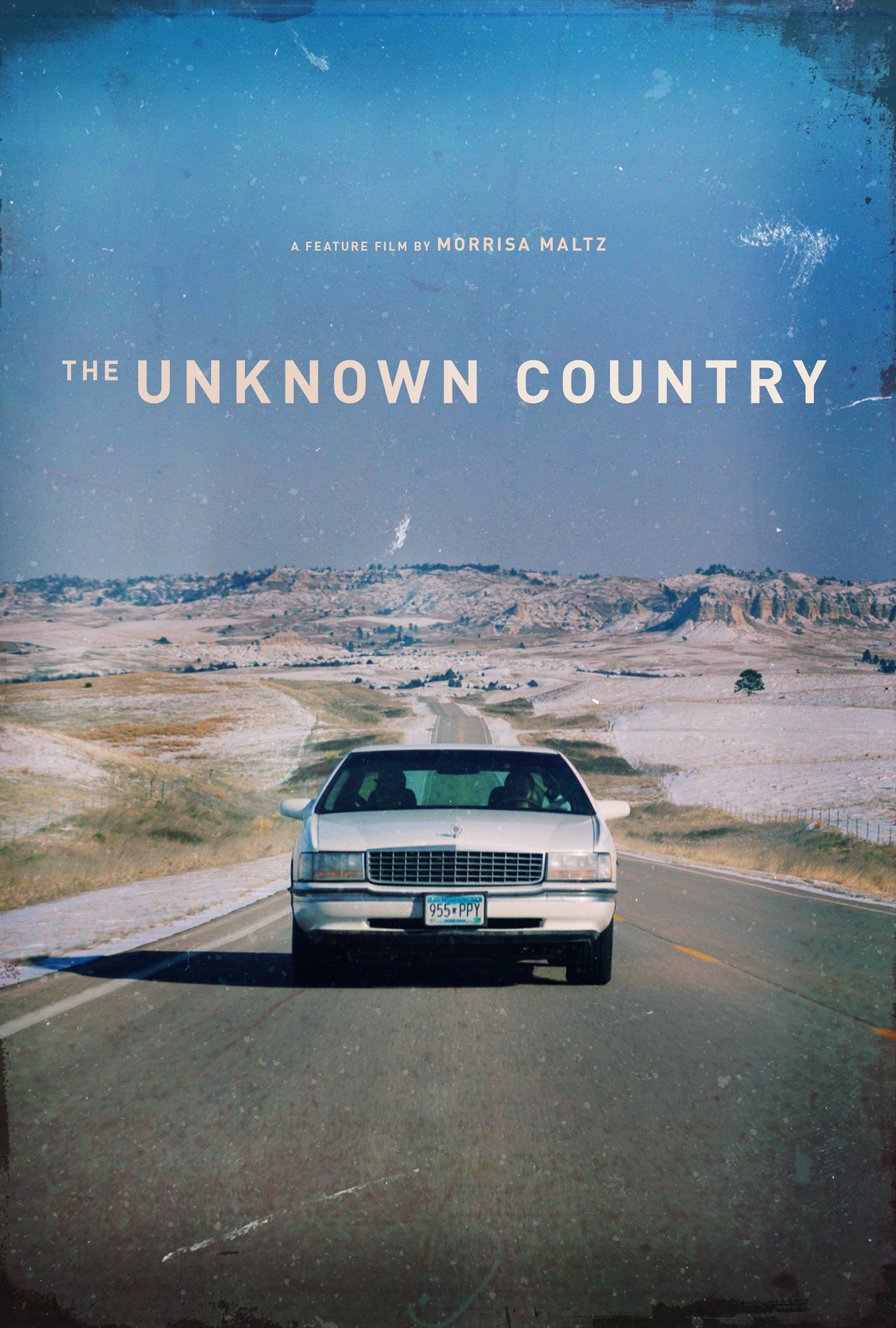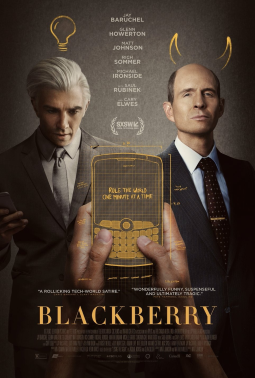Now Playing
Current DJ: BDC: The Shape of Things to Come
The Limiñanas Down Underground from The Limiñanas (Trouble in Mind) Add to Collection
Requests? 773-DJ-SONGS or .(JavaScript must be enabled to view this email address)
 by Kyle Sanders
by Kyle Sanders
The 10th Annual Chicago Critics Film Festival has come to a close! I must say as a first time reviewer, I enjoyed the experience immensely and look forward to doing it all again next year.
Here are some final thoughts of the remaining titles I had on my watchlist:
Brother
It's difficult for me to pinpoint just what kind of story Brother wants to tell. Is it about the bond between two siblings born to immigrant parents? A drama about race relations in Scarborough? A gritty take on gang violence and police brutality? Or is it an intimate tale about Black lives? Perhaps it's a little of everything.
From the start, we're introduced to Francis and Michael, two close-knit brothers about to do something dangerous and stupid, but nevertheless, together.
Francis is the oldest, and naturally, Michael defers to Francis for everything. Living in a small apartment with their single Caribbean mother who works late shifts in order to provide for her family, the brothers are often left alone to their own devices.
As they grow older, it's clear Michael is the more studious and obedient of the two. Francis on the other hand--well, nothing is going to get in the way of his dreams.
 by Kyle Sanders
by Kyle Sanders
We're at the halfway point of the Chicago Critics Film Festival, but the lineup doesn't appear to be running out of steam! Here are two impressive films from first-time filmmakers (both of which I'm only allowed to provide mini-capsule reviews), but let me tell ya, they're both quite good!
Past Lives
Think of the endless connections you make in the course of your lifetime. Even something as meaningless as a slight brush against a stranger's sleeve could be caused by events from thousands of years ago connecting you to that person. This Korean philosophy is known as "in-yun," which describes the ties between two people over the course of their lives.
In Past Lives, Nora and Hae Sung are two childhood friends who, in the span of twenty-four years, are torn apart, reconnect online, then finally reunite face to face. Despite separate time zones and different countries, fate keeps their lives intertwined.
 by Kyle Sanders
by Kyle Sanders
Master Gardener
From acclaimed filmmaker Paul Schrader (First Reformed, The Card Counter), comes this story about a fastidious horticulturist named Narvel Roth (Joel Edgerton) who is tasked by his wealthy and eccentric employer (Sigourney Weaver) to take on her grand-niece as a new apprentice.
Just like the anti-hero from his Taxi Driver screenplay, Schraeder presents us with another "Travis Bickle-esque" character (only this time with a green thumb!) inspired to rescue a young damsel-in-distress while combating his own dark secrets that refuse to stay buried. Master Gardener continues the trend of Schrader's recent films about tortured men reckoning with the past, present, and future.
 by Kyle Sanders
by Kyle Sanders
The Unknown Country
Is there an unspoken rule about "road trip" movies that requires a character to learn something? To have an "ah-ha" moment of some sort? Perhaps it's the many hours spent behind the wheel, passing the flickering buzz of neon signs belonging to motels and gas stations, or the neverending route to anywhere as you find yourself feeling insignificant surrounded by an ever-expansive landscape. You can do some serious thinking on these journeys--especially when you're out on your own.
This is Tana's situation in The Unknown Country. Still grieving the death of her grandmother, Tana (Lily Gladstone) reunites with her estranged Lakota family in the Badlands area of South Dakota. The visit takes her on an unexpected road trip toward the Texas-Mexico border, as she learns more about the wild and precious life of her grandmother's past and how she will carry forth her own generation in time.
 by Kyle Sanders
by Kyle Sanders
Hello fellow moviegoers, I have some exciting news! The 10th Annual Chicago Critics Film Festival is taking place this week and yours truly will be reviewing it!
While this isn't my first time attending, this IS my first time covering, and what an exciting time to start as this festival celebrates TEN YEARS of local film critics actively working to "unite filmmakers, art, and an audience willing to embrace both!"
This year, Chicago critics have selected thirteen features, five documentaries, one animated feature, and fourteen shorts for you to choose from--some of which I'll be reviewing here!
To open this year's festival, CCFF chose the upcoming release BlackBerry, Matt Johnson's "fictionalization" recounting the origins of the world's first smartphone. Beginning in 1996, this comedy-drama traces the early roots of Mike Lazaridis' (Jay Baruchel) and Douglas Fregin's (Johnson) mobile game changer and their fateful partnership with business shark Jim Balsillie (Glenn Howerton). Jim has the brawn, Mike and Doug have the brains...so why not make lots of money?